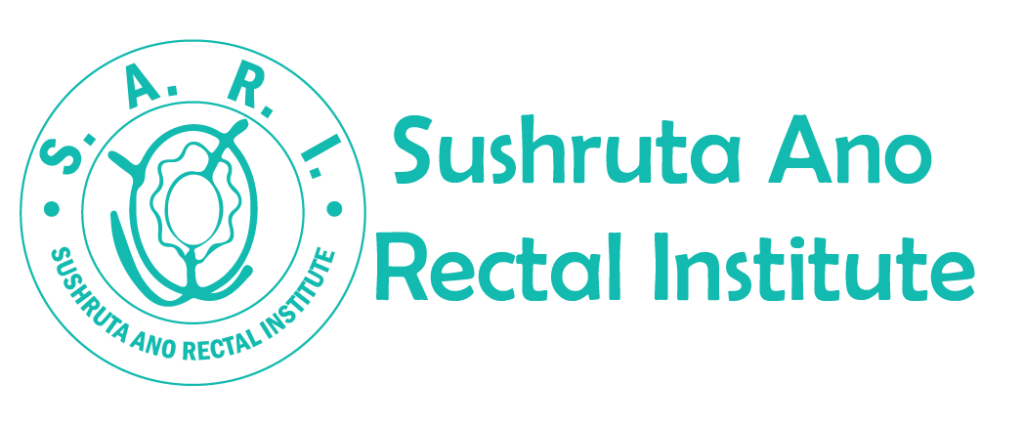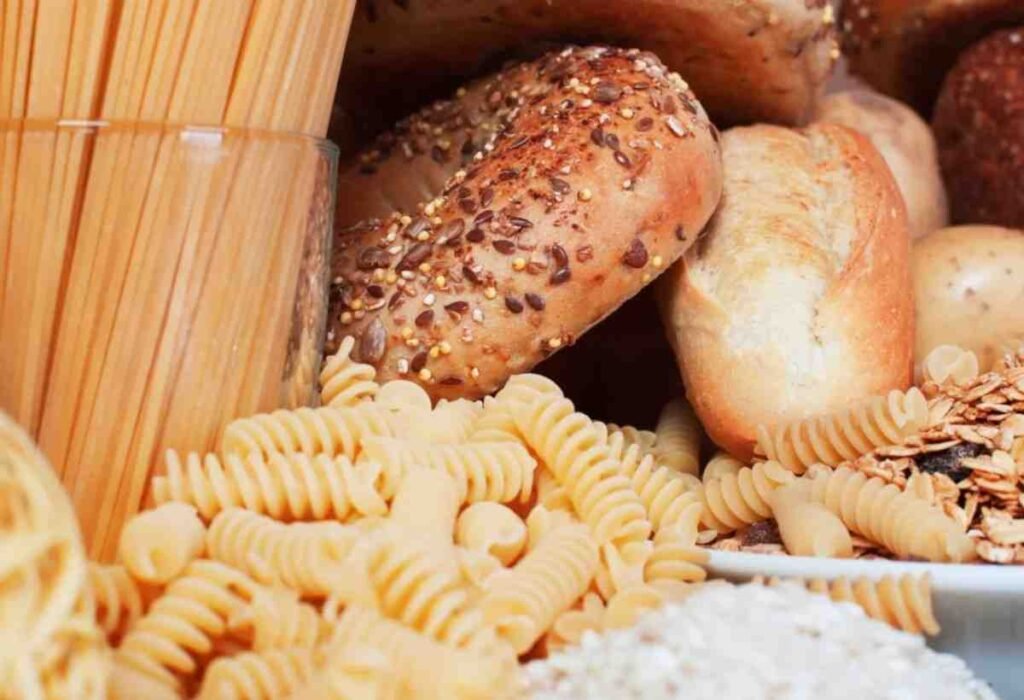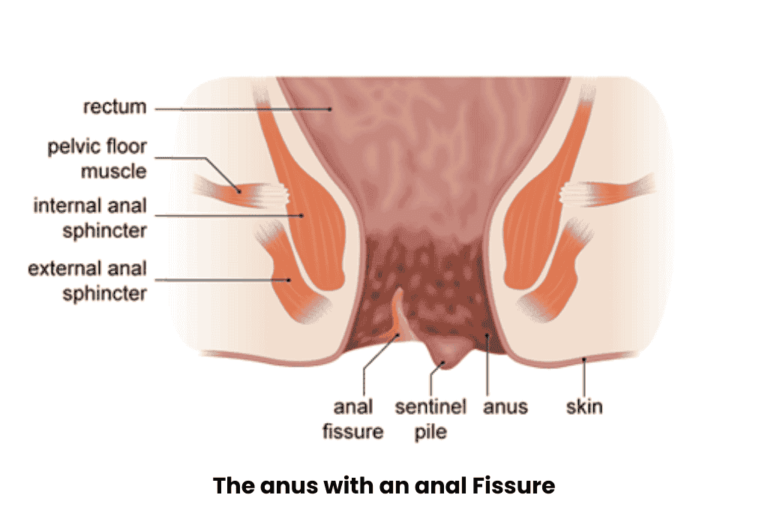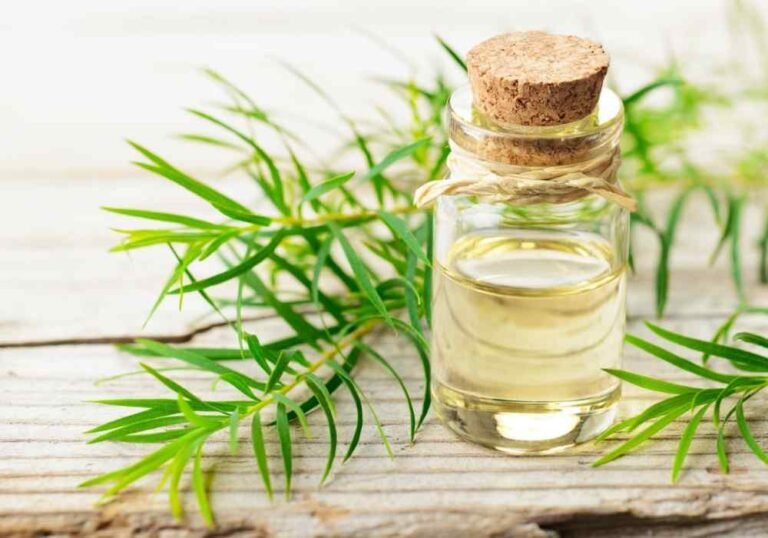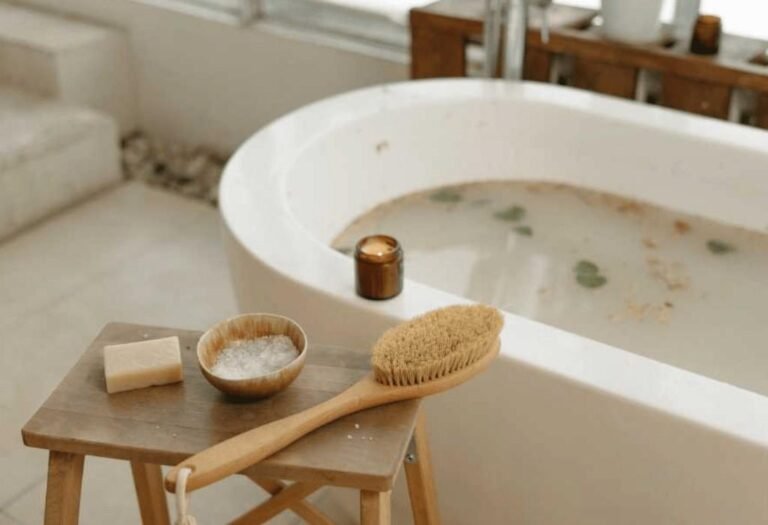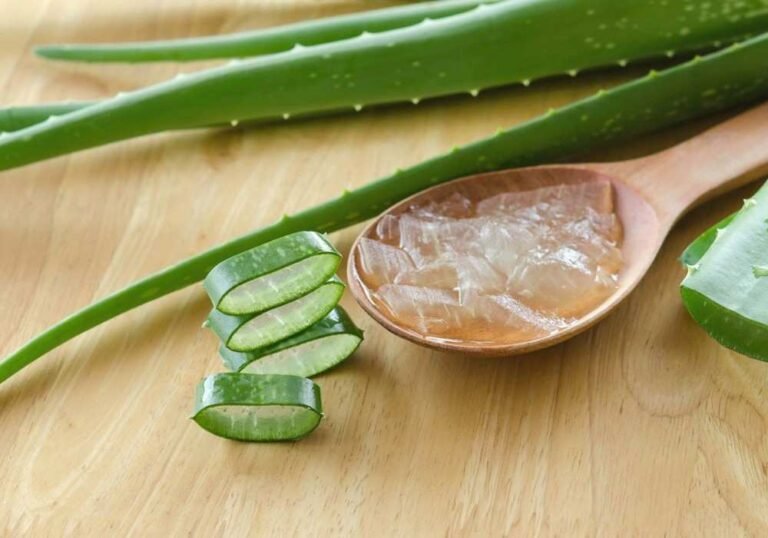Fistula Diet Chart for Faster Recovery
- March 28, 2025
Introduction
An anal fistula is an abnormal tunnel that forms between the skin and tissue around the anus, often due to infection. It leads to discomfort, pain, and swelling, affecting daily life. While treatment is essential, a healthy diet can significantly help in managing symptoms, reducing inflammation, and aiding healing. Let’s explore the best foods for fistula pain relief and how they can improve digestive health.
Why the Right Diet Matters for Fistula Pain Relief?
Here are some foods that can help reduce pain, heal tissue, and support digestion for fistula patients:
A proper fistula diet helps:
- Reduce Inflammation: Certain foods have anti-inflammatory properties to help alleviate swelling.
- Promote Healing: Nutrient-dense foods support tissue repair.
- Improve Digestion: Softening stools and preventing constipation is crucial for avoiding further pain and complications in fistula bleeding.
- Prevent Straining: The right fistula diet ensures smooth bowel movements without strain, which is crucial for fistula treatment.
The Best Foods for Fistula Pain Relief
Here are some foods that can help reduce pain, heal tissue, and support digestion for fistula patients:
1. Anti-Inflammatory Superfoods

Anti-inflammatory foods can help lower swelling, soothe pain, and promote faster healing by reducing irritation in the affected area.
Suggested Foods:
- Turmeric: Contains curcumin that helps reduce swelling and pain in the Anal fistula area
- Ginger: Known to calm inflammation and relieve pain naturally.
- Tulsi : Soothes inflammation and reduces discomfort, especially in cases of fistula bleeding.
2. Gut-Healing Foods
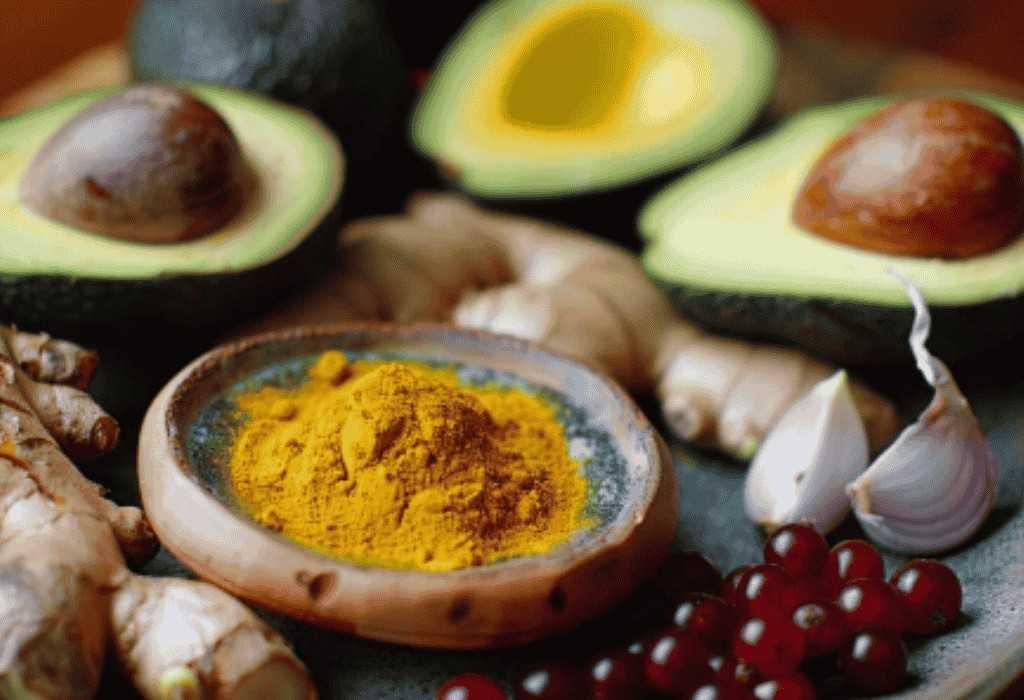
Gut-healing foods support the digestive system by reducing irritation and improving bowel movements, helping the body heal from the inside.
Suggested Foods:
- Methi : Known to aid digestion and reduce gut inflammation.
- Coconut Water: Soothes the digestive tract and keeps you hydrated.
- Buttermilk : Helps ease digestion and prevent constipation.
3. High-Fiber Comfort Foods

Fiber helps prevent constipation and ensures smoother bowel movements, reducing pressure on the fistula area and improving overall comfort.
Suggested Foods:
- Oats: High in soluble fiber, it softens stools and aids digestion.
- Sweet Potatoes: Rich in fiber and easy to digest, they support gut health.
- Bananas: Gentle on the stomach, they help keep bowel movements regular, preventing additional strain on the anal fistula.
4. Hydration Heroes

Staying hydrated keeps the digestive system running smoothly, making bowel movements easier and reducing inflammation.
Suggested Foods:
- Cucumber: High in water, it hydrates the body and aids digestion.
- Watermelon: Keeps you hydrated and helps prevent constipation.
- Aloe Vera Juice: Soothes the digestive tract and reduces swelling associated with fistula bleeding.
5. Omega-3 Fatty Acids for Inflammation

Omega-3 fatty acids fight inflammation and support the body’s ability to heal, helping reduce pain and swelling around the fistula.
Suggested Foods:
- Flaxseeds: Rich in omega-3s, they reduce inflammation and support digestive health.
- Fish : Freshwater fish are excellent sources of omega-3s, helping reduce swelling and promote healing.
A Sample of 3-Days Fistula Diet Chart
This 3-days Fistula diet Chart focuses on anti-inflammatory, fiber-rich, and gut-healing foods to ease symptoms and promote recovery:
Day 1
- Breakfast: Warm oats with flaxseeds and a handful of bananas.
- Lunch: Grilled fish with quinoa and a side of sweet potatoes.
- Dinner: Moong dal with roti and a side of steamed broccoli.
- Snack: A glass of coconut water with a handful of almonds.
Day 2
- Breakfast: Chia pudding with almond milk and topped with kiwi or papaya.
- Lunch: Bone broth with lentil soup and a side of cucumber salad.
- Dinner: Baked sweet potatoes with grilled chicken and a side of steamed asparagus.
- Snack: A glass of buttermilk with methi seeds.
Day 3
- Breakfast: Papaya smoothie with chia seeds and almond milk.
- Lunch: Grilled chicken with quinoa and roasted carrots.
- Dinner: Roti with moong dal and a side of cucumber raita.
- Snack: Fresh watermelon slices with flaxseeds sprinkled on top.
Foods to Avoid for Pain Relief
Certain foods can worsen fistula symptoms by increasing inflammation or causing constipation. It’s best to avoid them:
- Spicy Foods: Can irritate the digestive tract and make pain worse.
- Refined Carbs: Can trigger inflammation and slow digestion.
- Dairy: Can lead to bloating and constipation for some people.
- Red Meat: High-fat content can cause digestive discomfort and worsen fistula bleeding.
- Fried Foods: Difficult to digest and may worsen inflammation.
- Processed Foods: High in sugars and unhealthy fats, which can trigger flare-ups.
Conclusion
A fistula-friendly diet is essential for reducing pain, supporting digestion, and aiding in recovery. By focusing on anti-inflammatory, fiber-rich, and hydrating foods, you can manage discomfort and speed up the healing process. It’s also important to avoid foods like spicy items, refined carbs, and dairy that may worsen symptoms.
For effective, non-surgical treatment options like Graded Kshar Sutra treatment for fistula, and personalized dietary advice, Dr. S.K. Singh, a highly experienced fistula doctor in Delhi with over 30 years of expertise, is here to help.
Contact us now for a consultation with a fistula specialist doctor and receive tailored guidance for managing your fistula and finding the best treatment options.
